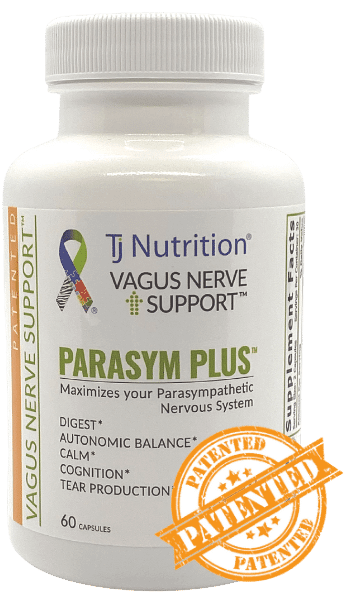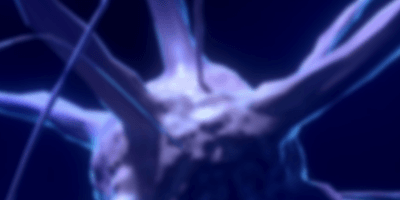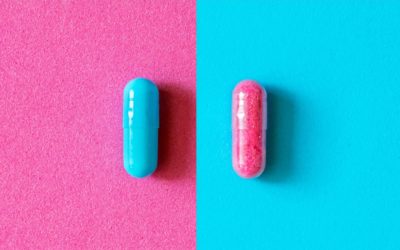Everything is a balance! In life and the body. Mast cells are no exception.
Why do mast cells matter?
Mast cells are an important inflammatory cell that helps us fight infection and repair our bodies. But like most things in life, too much of a good thing can be bad. When mast cells are out of balance and go unchecked, the chemicals they release can cause damage – and symptoms such as itching, flushing, digestive problems, surges of anxiety, low blood pressure, and others can become miserable.
What controls mast cells and makes sure they behave?
The parasympathetic nervous system.
How does inflammation help us?
Inflammation is critical in the repair of the body. If you sprain your ankle, for example, it becomes inflamed. It swells, becomes red (the vessels dilate), and it hurts. Inflammatory cytokines (inflammatory chemicals) are sent to the point of injury and cause the blood vessels to dilate allowing more inflammatory cells to arrive on the scene. These inflammatory cells then release even more inflammatory cytokines (what’s known as the “inflammatory cascade”) which magnifies the inflammatory response to allow healing as quickly as possible.
After healing (or “remodeling”) of the tissue has occurred, the cytokines exit and the cascade comes to a stop. Eventually, the inflammatory cells either move on or expire and redness, swelling, and pain stops. Healing has occurred and we can thank the acute inflammation for the repair!
This inflammatory response to both injury and infection is carefully regulated by the body because too much inflammation can actually damage tissue. If the inflammation continues when no longer needed for repair, the same cells, and chemicals that encouraged healing can now cause damage to the host. When the inflammatory response is poorly regulated, the same chemicals that cause vessel dilation, redness, pain, and swelling to assist healing, can ultimately result in chronic pain and inflammation.
What are mast cells?
Many types of inflammatory cells are involved in a typical inflammatory response needed to repair ourselves and to recover from illness, but mast cells have been under-recognized in this scenario. Mast cells have been typically viewed as allergy cells, that when activated can cause itching, redness, flushing, difficulty breathing, hives, and other symptoms. Relatively recently, they have been identified as critical players in both injury and infection. When activated, mast cells help recruit inflammatory cells to the site of injury, and they release antimicrobial peptides that help fight both viral and bacterial infection at a wound site.
And yet when the injury or infection has passed, they need to calm down! If they remain activated, they can continue to cause symptoms although the threat of infection or injury may have passed. Mast cells need to be regulated to keep inflammation properly balanced.
What regulates mast cells?
The parasympathetic nervous system is critical to keep mast cells under control.
The parasympathetic nervous system is part of the autonomic nervous system — the nervous system that regulates the functions of the body without your input. You can think of it as the “automatic nervous system”. Functions such as heart rate, blood pressure, and digestion are all part of the autonomic nervous system.
The parasympathetic nervous system is the “rest and digest” system of the body. It allows you to slow down a rapid heart rate, calm breathing, get some rest, and digest your food. Beyond these basic bodily functions, the parasympathetic nervous system is also the anti-inflammatory pathway of the body (via the vagus nerve). The communication between your parasympathetic nervous system and your mast cells is critical to help control the inflammatory response.
We don’t want to kill our inflammatory cells, and we need mast cells to assist us when we are sick or injured. But they must be controlled and the parasympathetic nervous system is designed to control them, as well as help us with many other bodily functions.
Support your parasympathetic nervous system for optimal health.
Dr. Diana Driscoll has received two patents to date concerning parasympathetic nervous system functioning. Her truly new discoveries are changing lives today.











